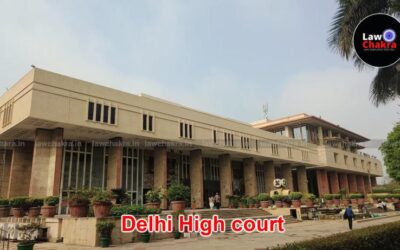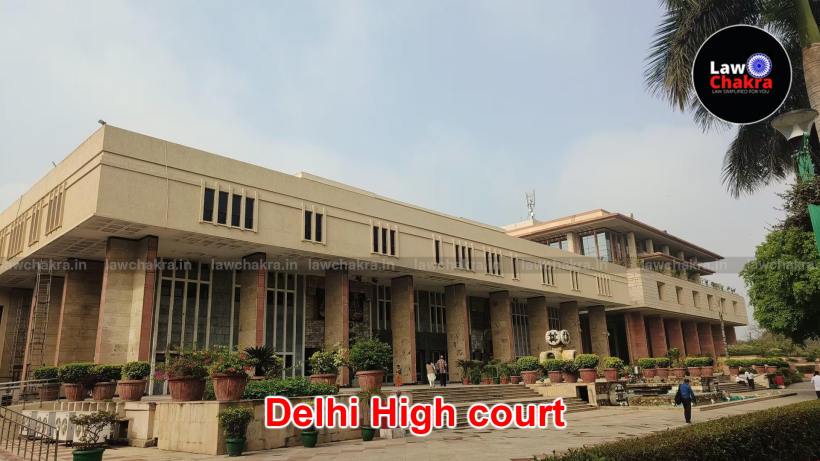Can’t Bisect Claims As Arbitrable & Non-Arbitrable While Appointing Arbitrator U/s. 11: Supreme Court

While reiterating that the scope of enquiry at the stage of appointment of the Arbitrator is limited to the scrutiny of a prima facie existence of the arbitration agreement, the Supreme Court has allowed an appeal against a Delhi High Court order whereby certain claims were excluded by holding them as non-arbitrable.
The Appeal before the Apex Court challenged the judgment of the Delhi High Court whereby, while appointing an arbitral tribunal in exercise of power under Section 11 of the Arbitration and Conciliation Act, 1996, the High Court excluded certain claims by holding them to be non-arbitrable/excepted matters in view of clause 50 and 50.2 of the agreement.
The Division Bench of Justice Pamidighantam Sri Narasimha and Justice Manoj Misra held, “In our view, therefore, the High Court fell in error in bisecting the claim of the appellant into two parts, one arbitrable and the other not arbitrable, when it found arbitration agreement to be there for settlement of disputes between the parties. The correct course for the High Court was to leave it open to the party to raise the issue of non-arbitrability of certain claims before the arbitral tribunal, which, if raised, could be considered and decided by it.”
Arguments
It was the case of the appellant that while exercising power under Section 11 of the 1996 Act, the Court has to only examine whether the arbitration agreement exists or not and if it exists, an Arbitrator is to be appointed who, thereafter, would decide whether the claims fall within the excepted category or not.
On the contrary, the Respondent contended that the High Court is empowered to exclude non-arbitrable claims in light of the decision in Emaar India Limited vs. Tarun Aggarwal Projects LLP and Anr.(2023).
Reasoning
The Bench explained that Sub-section (6A) of Section 11, which was inserted by Act 3 of 2016, with effect from October 23, 2015, states that while considering an application under sub-section (4) or sub-section (5) or sub-section (6), the Supreme Court or the High Court, as the case may be, shall, notwithstanding any judgment, decree or order of any Court, confine to the examination of the existence of an arbitration agreement.
The Bench further clarified, “Act 33 of 2019 omitted sub-section (6A) but the amending Act has not been notified thus far. In consequence, sub-section (6A) of Section 11 of the 1996 Act remains in the statute book.”
Reference was made by the Bench to the judgment in Re: Interplay Between Agreements under the Arbitration and Conciliation Act,1996 and the Indian Stamp Act, 1899 (2023) wherein it has been observed that the Supreme Court or High Court at the stage of the appointment of an Arbitrator shall ‘examine the existence of prima facie arbitration agreement and not other issues’. Reference was also made to a judgment of a three-judge bench in SBI General Insurance Co. Ltd. vs. Krish Spinning (2024) wherein it has been observed that the scope of enquiry at the stage of appointment of the Arbitrator is limited to the scrutiny of a prima facie existence of the arbitration agreement, and nothing else.
The Bench was of the view that the respondent couldn’t profit from certain observations made by a two-Judge bench in Emaar (supra) in light of the decision rendered by a three-Judge bench in SBI General Insurance (Supra) after considering the seven-Judge bench decision of this Court in Re: Interplay (supra).
Thus, allowing the appeal and setting aside the judgment of the High Court to the extent it excluded claims by holding them to be non-arbitrable, the Bench ordered, “The parties are, however, at liberty to take the plea of non-arbitrability of certain claims before the arbitral tribunal, which shall decide the same without being prejudice by any observations made in the order of the High Court.”
Cause Title: Office for Alternative Architecture v. Ircon Infrastructure and Services Ltd. (Neutral Citation: 2025 INSC 665)




